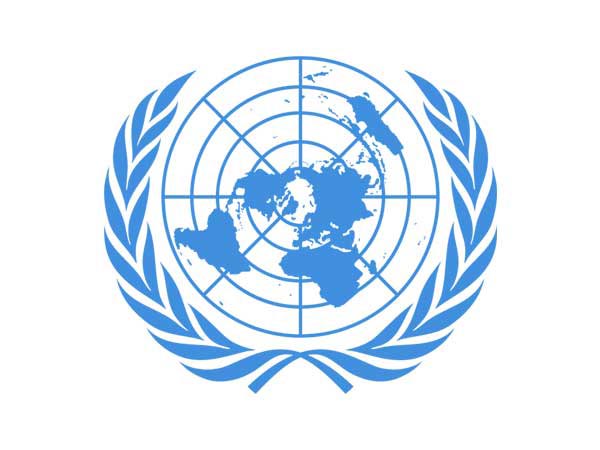New York [US], July 15: The world has made significant advances but is still drastically off-track to achieve its development goals by 2030, according to the UN's key Sustainable Development Goals Report, which was launched Monday by UN Secretary-General Antonio Guterres.
The release of the report coincides with the first day of the High-Level Political Forum on Sustainable Development which will convene over the next ten days in New York in the hopes of answering the UN chief's call to action. "This report tells the SDG story in numbers, but it is, above all, a call to action," Guterres said.
"This report is more than a snapshot of today. It's also a compass pointing the way to progress. This report shows that the Sustainable Development Goals (SDGs) are still within reach, but only if we act - with urgency, unity, and unwavering resolve," Guterres said.
In 2015, the General Assembly adopted the 2030 Agenda, which outlined 17 Sustainable Development Goals - including ending poverty and ensuring that everyone had access to healthcare and quality education.
The ambitious SDGs were to be achieved by prioritising future generations through sustainable and climate-friendly initiatives.
"The problem is that the Sustainable Development Goals do not include the instruments that would be necessary to make them happen," Guterres said.
Ten years after this commitment, the agenda is facing increasingly strong headwinds, including a $4 trillion funding shortfall for the developing world and increasing geopolitical tensions which are undermining multilateralism.
In light of these challenges, only 18% of the SDGs are on track to be met by 2030. Around 17% are experiencing moderate progress. But over half of the goals are moving too slowly - and 18% of the goals have gone backwards.
"We are in a global development emergency, an emergency measured in the over 800 million people still living in extreme poverty, in intensifying climate impacts and in the relentless debt service," the Secretary-General said.
The Secretary-General said that the SDGs cannot be achieved without significant reforms to the financial architecture, which must begin with an investment in multilateralism.
Global life expectancy increased by an astonishing five years between 2000 and 2019. And then since the COVID-19 pandemic, it slid backwards by almost two. More than 110 million children have entered school since 2015 - but by 2023, 272 million children still had no access to the classroom.
Between 2015 and 2023, maternal death rates and death rates of children under the age of five dropped by approximately 15 per cent. During this same period of time, 54 countries eliminated at least one tropical disease, and 2.2 billion cases of malaria were averted as a result of prevention areas.
Surce: Emirates News Agency

